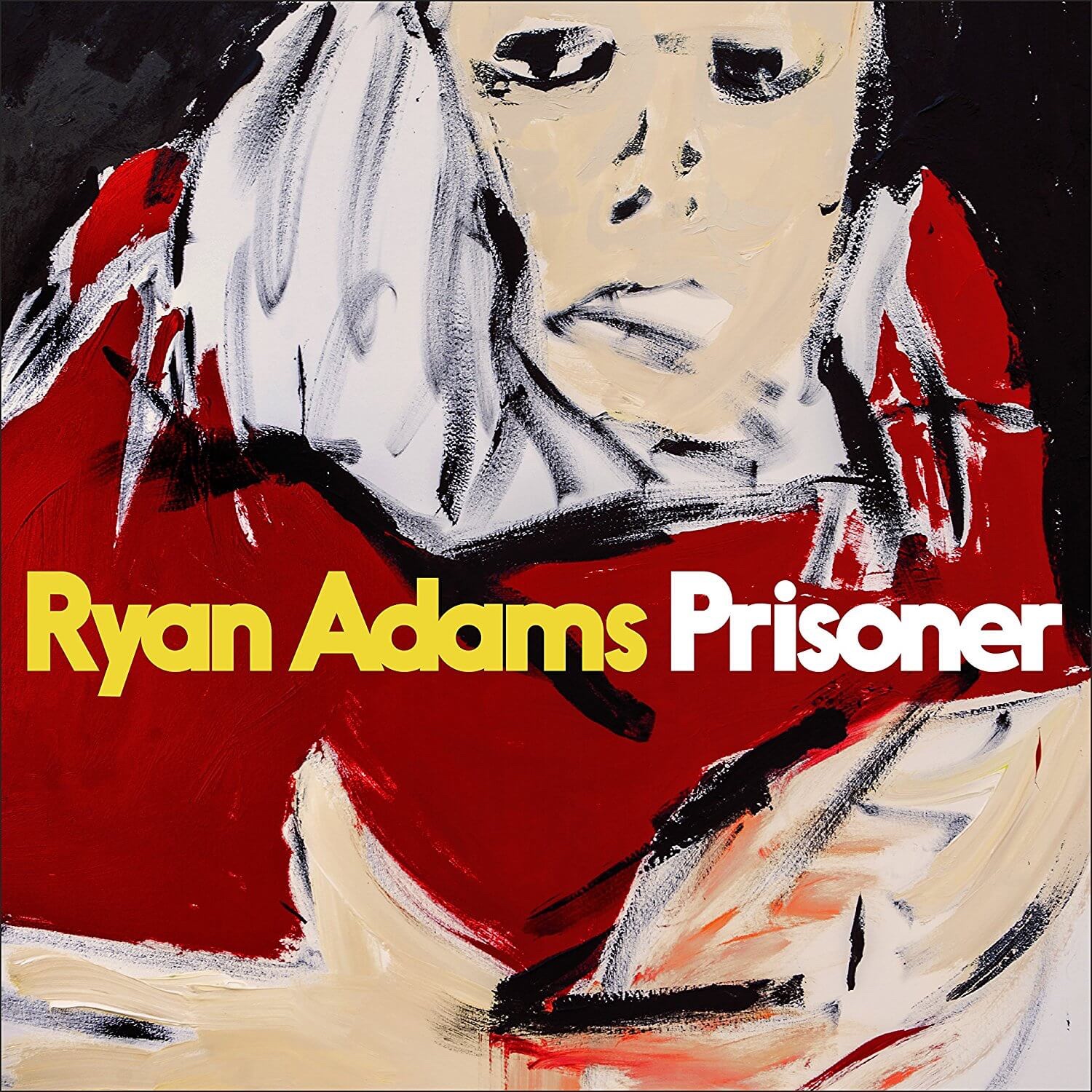 Ryan Adams
Ryan Adams
Prisoner
PAX AM/BLUE NOTE
8/10
Ryan Adams shares so much of his everyday minutia that if he were to name his new album after his beloved cats, no dedicated fan would be surprised. And yet, somewhat paradoxically, the singer/songwriter’s private life is exactly that—private. When news about him does come out, it does so in a deliberate fashion; such was the case when it was announced in January of 2015 that he and Mandy Moore were getting a divorce. And now we have Prisoner, his sixteenth studio album, which seems to take that divorce on directly.
Despite his amazing proficiency as a songwriter, Adams has never bared his soul like he does here. Long a student of music history, Adams channels his inner Springsteen circa Tunnel of Love, The Boss’s chronicle of his own divorce, and takes a deep look inside, analyzing and dissecting where things went astray.
Which isn’t to say that there aren’t obfuscations. On the heart-wrenching first single “Do You Still Love Me?,” Adams questions not only the subject of the song, but also himself, wondering if he is capable of going the extra mile for someone else. Hidden underneath a powerful guitar line, it’s easy to lose focus of where lyrics guide you, as the tempo and tenor of this song in particular suggest that they’d rather you rock than ponder.
The album is as compact and fearless as Adams’s vulnerability. He considers if he’s the cause of his own fate, and if so, tries to discover whether things will eventually be OK. The title track tackles this issue head-on, as does “Shiver and Shake” (“I’ve been waiting here like a dog at the door / You used to throw me scraps / You don’t do it anymore”) and “Haunted House” (“I don’t want to live in this haunted house anymore”), both with reflective sadness.
Adams mixes the powerful and soaring with the delicate and tender, balancing both expertly. He leaves you unsure sure of who exactly left for the pack of cigarettes on that fateful night and who’s to blame, but Prisoner is about the reassessment of priorities and the repairing of the psyche as opposed to casting blame. Looking inward while losing face outward is extremely difficult, rock star or not. Walking that path without having the dreaded thousand-yard stare makes this one of Adams’s finest and boldest works in a career full of them.
Breakup albums can turn out a couple of ways. On Prisoner, Adams is digging out from the emotional rubble and chaos to present one of his most inspired records in some time. Driving home the point that love can be hell (as he himself once noted), Prisoner is the perfect splitting-at-the-seams relationship album that doesn’t simply cast someone as good or bad. Instead, it focuses on the fact that some things simply are what they are. The complex nature of taking on his own faults in such a tenuous fashion isn’t just bold—it’s a sign that Ryan Adams might be tougher than the rest, even if the healing process takes a little longer than he’d hope.









